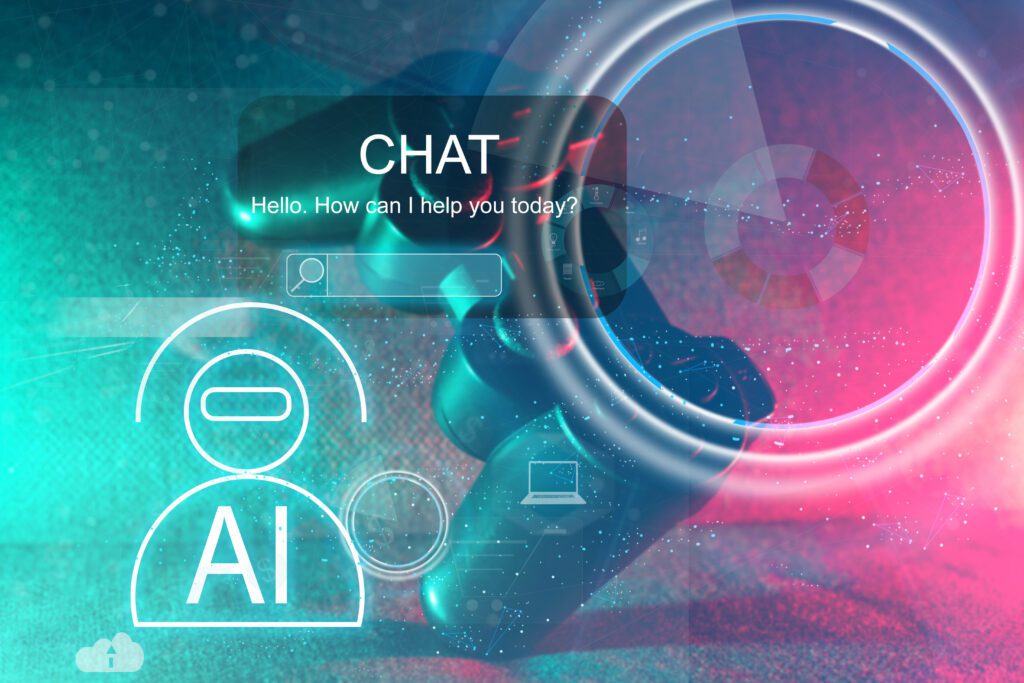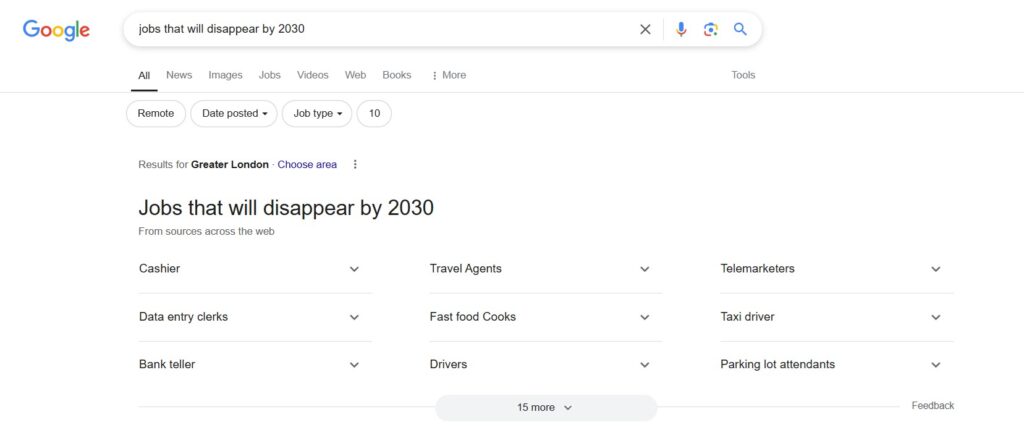What makes work meaningful nowadays and can we still find meaning in our lives if AI replaces us? And what happens when Gunthers Anders’s alarmist thoughts meet David Graeber’s cynical worldview?
Another day in the office, another meeting set up by another colleague who “forgot” to add an agenda. Hmmm…
So, unless you are planning an improv battle, or preparing the attendees to audition for “The Bla Bla Bla Show”, adding an agenda is fairly advisable, especially if the topic is as broad and undefined as AI.
And yes, this is another article about what sounds more like a buzzword than an actual subject for which, I don’t think many of us are prepared, or have much to say apart from repeating what has been seen on the Arte.
Since November 2022, (the official launch of ChatGPT), online searches related to “AI” and “ChatGPT” have skyrocketed, and something’s telling me it’s not going to stop.
The more people search for a specific topic, the more the topic is publicly adopted, however, one can also ask if there is a direct correlation between media coverage and its full understanding by the public.
According to the pioneers of the “Knowledge Gaps Theory”, Phillip J. Tichenor, George A. Donohue, and Clarice, when information about a particular topic is disseminated through mass media, gaps in knowledge between socioeconomic (SEC) groups tend to widen rather than narrow. Simply put, as rich people have greater access, and “supposedly” better cognitive ability to understand complex information, they are in a better position to make more effective use of mass media, and by extension make better decisions to adapt to any societal changes.
Although it does seem to make sense, I don’t fully buy it! People from a lower socioeconomic background might not have the luxury to distil and peruse the information from the New York Times, they will surely make the right decision based on their direct experience and circumstances. But anyway, I digress.
According to a McKinsey’s report, more than 800 million jobs will disappear and 12 million people will switch careers by 2030, provided they receive the relevant training. And unfortunately, this worldwide adoption of AI will mainly impact jobs owned by talent who have a less advantaged socioeconomic (SEC) background. Indeed data predicts that Order Pickers, Tax preparers, Cashiers, File clerks, Outbound sales agents, and Assembly technicians will become obsolete before the next decade which matches up with Google’s predictions.
Without a shadow of a doubt, jobs that are at high risk of being replaced by AI have one thing in common; they involve repetitive and automated tasks that do not bring any real value for the employees and society, those jobs are something that the American Anthropologist, David Graeber might call “bullshit jobs” (BS).




